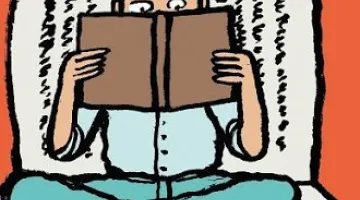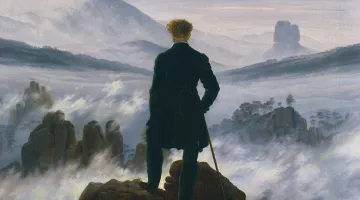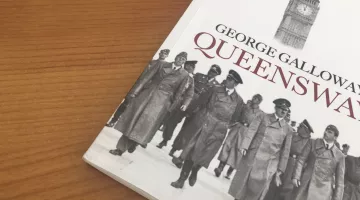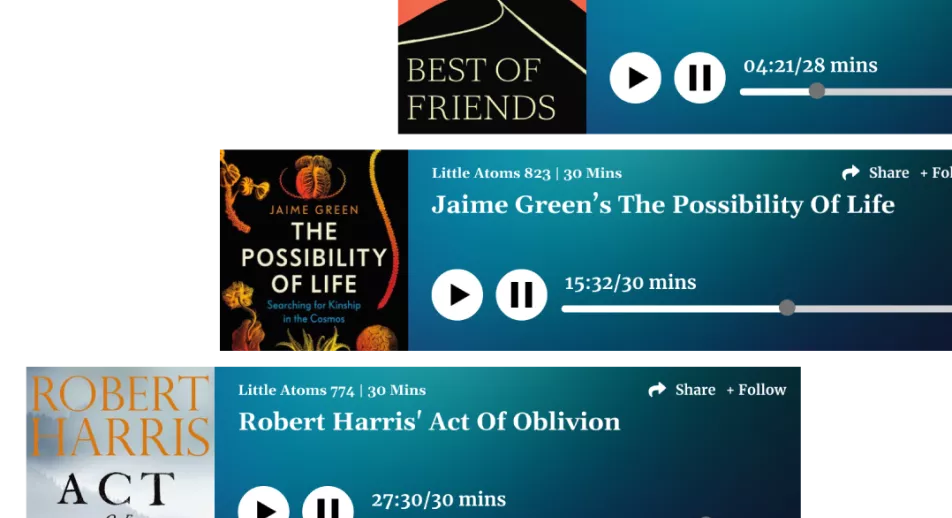On Fire Saga, Eurovision, and camp
What critics, and Britain, still get wrong about the greatest show on Earth
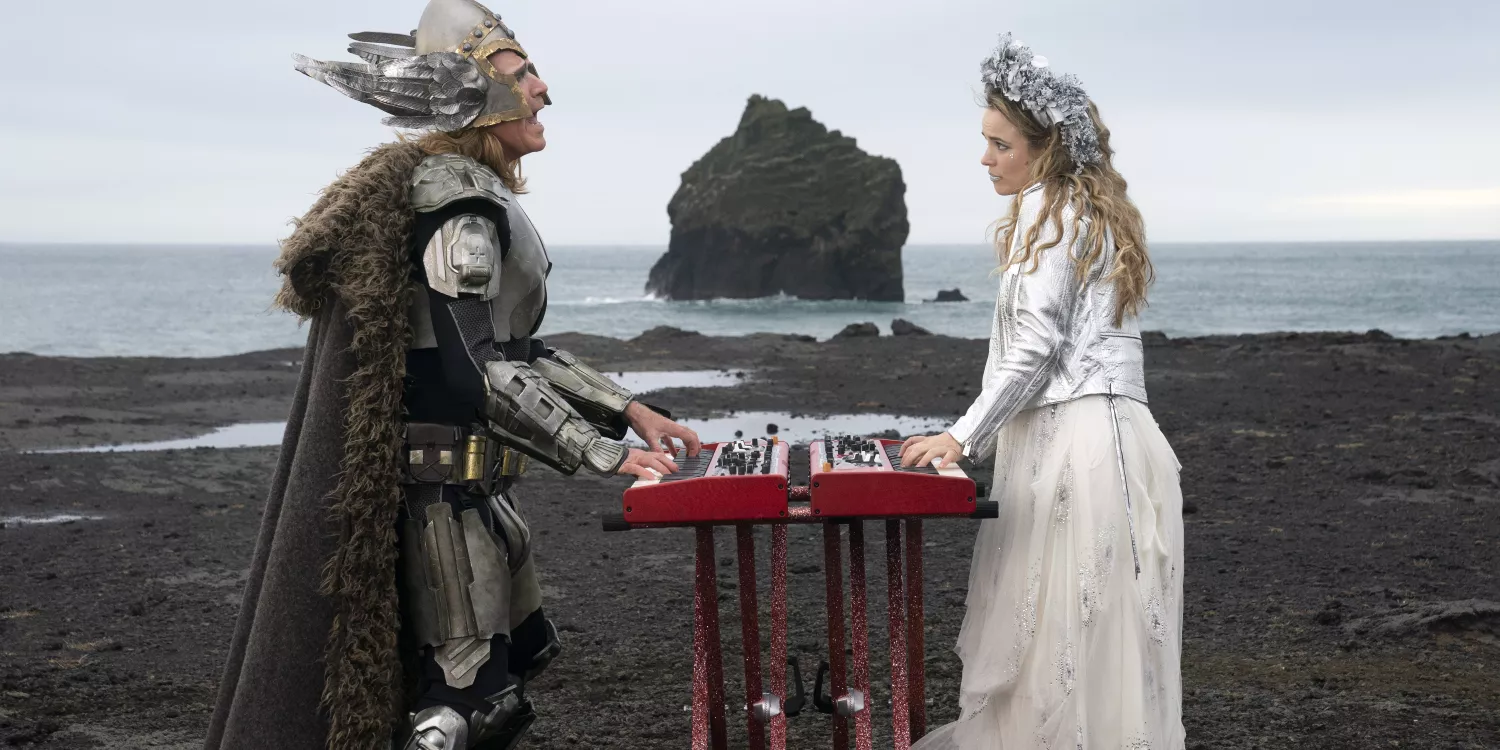
Eurovision Song Contest: The Story of Fire Saga, was, for viewers, a film that came along at just the right time. The story of Lars and Sigrit, naive rural Icelanders who overcome parental antipathy, bureaucratic scheming and what could be called Russian Interference to make it to the final of Eurovision has been the low-key feelgood streaming hit of a feel-bad summer.
For critics, it was a somewhat different story: Anthony Lane in the New Yorker was unconvinced, seemingly disappointed at the Eurovision-endorsed film being nothing more than “promo masquerading as satire”; Peter Bradshaw in the Guardian decided the film was “weirdly pointless”; Caspar Salmon (Guardian again) suggests that the film doesn’t “get Eurovision”, deriding the “dispiriting heterosexuality on display”, and suggesting the film does not capture any of Eurovision’s essential camp.
Most damningly, Salmon suggests that the film has missed the point because the songs in Fire Saga at least hit the mark, apart from the song which provides the emotional crescendo of the film, which, unfortunately in Salmon’s view, happens to be “good”.
The idea that Eurovision must, simply must, be a campathon of terrible songs and mad outfits is one that has dominated for at least a generation - certainly in the English-speaking world. The reality, however, is at least partially different.
Susan Sontag, in her 1965 essay Notes On Camp, suggested that the ultimate statement of camp is: “it’s good because it’s awful” and this is how UK audiences have approached Eurovision in the past 30 years or so. But allow me to make a suggestion: With the exception of the horrendous Toy, by Israel’s Netta, the frankly baffling winner in 2018, a bad song has not won the Eurovision since the epoch-shaping Euphoria, Sweden's winner in 2012 – a song and performance that remain hugely powerful to this day. True, there have been some bad entries, but not bad winners. And certainly no winner that one could describe as “camp”.
To demand satire of Fire Saga is to assume firstly that all of Eurovision is bad art, and secondly that bad art is only worthy of satire
According to Sontag, “in naive, or pure, Camp, the essential element is seriousness; a seriousness that fails.” One could not describe, say, Emmelie De Forest’s Teardrops (the winner the year after Loreen) or even 2016’s winner, 1944 by Ukraine’s Jamala, a two-step ballad describing the forced removal of Tatar people from Crimea by the Soviet Union in that year, as failed in any sense (I’m listening to 1944 now. It’s really very good – in fact better than I remember it). Serious, certainly, but with the melody and production to justify that seriousness.
What of Netta, with her chicken noises and sample loops, you ask? Surely that was camp as the Spring sale at Black’s. Let’s ask Susan Sontag again: “When something is just bad (rather than Camp), it’s often because it is too mediocre in its ambition. The artist hasn’t attempted to do anything really outlandish.”
The Netta performance had the appearance of camp, but at its heart, it was too cynical and too mediocre to be so. It was just plain dull - quirkiness designed by committee.
Which is why it was an exception in the past decade’s field of genuine, and genuinely good, winners (that it defeated a Eurovision fan favourite, Fuego, by Cyprus’s Eleni Foureira, merely adds to its status as a travesty).
Occasionally, setting out to write a “Eurovision song” works, as it did for Israel. More often than not, it is disastrous. The very worst example was the UK’s entry in 2007, Scooch’s Flying The Flag, which attempted to tease Eurovision’s growing gay audience with “campy” double entendres delivered by a grim Butlin’s Redcoat parody of Steps, themselves the most Butlin’s Redcoat of all pop groups.
The UK – and former heavyweight Ireland too – has failed at Eurovision for a long time because of their attempts to write Eurovision songs either riddled with in-jokes, or latterly, as the Eurovision story elides with both the national self-determination narratives of central and eastern Europe, and the personal realisation motifs of queer politics, collapsing under the sheer weight of banal empowering messages. The same year as the UK sent Scooch to the slaughter, Ireland sent Dervish with They Can’t Stop The Spring, a condescending paean to Eurovision’s former Soviet competitors written by then-columnist, now conspiracy crank, John Waters:
The curtain has been raised
The wall no longer stands
And from Lisadell to Latvia
We're singing as one clan
The curtain has been raised
And Europe's all one stage
And the archipelagic icicles
Have melted like the cage
This is the real, bad Eurovision: not the elaborate stagings and sincere posturing of the former Soviet countries, or the sheen of the Scandinavians, but the simultaneously over-sincere and completely uncommitted approach that leaves entries like the UK’s misfortunate SuRie forced to mouth platitudes like this:
Hey, hey mother
Am I making you proud or could I do better?
Hey, hey father
There's weight on my shoulders but it's not over
People can tell when they’re being patronised.
Ireland dominated Eurovision in the 1990s because they sent the kind of songs that Irish people liked anyway; brassy ballads, or folksy nostalgia. More recently, dubstep and big drums dominated in the post-Loreen rush for a Scandinavian smash to call one’s own – these all coming in the wake of Swedish producers such as Max Martin forming the tastes of the 2000s. Now, we have reverted to sensitive balladeers, with two of the last three winners being nice boys singing gentle love songs (this year’s favourite, along with Iceland’s poptastic, clever and massively Eurovision referencing Icelandic entry Think About Things, was Italy’s Fai Rumore, another big ballad by a good looking man in a nice jumper).
The runner up last year, Soldi by Italy’s Mahmood, was an altogether more upbeat and aggressive authentic pop song that had already been a smash across much of Europe. It was the kind of song people like, not the kind of song people think will win Eurovision.
This would seem to be the crucial point of Fire Saga, presumably one endorsed by the EBU: if one approaches Eurovision with cynicism, or scepticism, one is bound to lose. Lars, Will Ferrell’s goofy protagonist, is unwittingly Eurosceptic, in that he has set out to write a Eurovision song in the irritating Double Trouble, wrongly identified by many critics as a more “true” reflection of the Eurovision mode. Double Trouble only gets to the Eurovision finals through the chicanery of the Icelandic Finance Minister, who is determined that Iceland should not ever have to host the expensive contest (a plot line, by the way, for which Father Ted creators Graham Linehan and Arthur Matthews are owed royalties). Lars’ Fire Saga partner Sigrit, meanwhile, carries the barrier for authenticity with her song about her hometown "Husavik" complete with Icelandic interlude. It is Sigrit who hits the true, rightful, even righteous note.
In her 1964 essay, Sontag recognised camp’s ability to co-opt art forms, noting “Sometimes whole art forms become saturated with Camp. Classical ballet, opera, movies have seemed so for a long time. In the last two years, popular music (post rock’n’roll, what the French call yé yé ) has been annexed.” (Months after Sontag’s essay was published, France Gall, the archetypal yé yé girl won Eurovision for Luxembourg with Poupée De Cire, Poupée De Son, penned by Serge Gainsbourg.)
It’s true that for Anglophone audiences, European pop, and particularly French pop,has inhabited one of two places in the popular imagination: either an oversincere cheesiness, or glittering sophistication – both different forms of camp in themselves. Our view of pop music as having essentially all derived from rock n roll, itself derived from R ‘n’ B, means that the multiple routes to Europop – from chanson to schlager to polka – are overlooked or seen as anomalies, or even failures. We are viewing a yé yé universe through rock n’ roll lenses, and as such failing to engage with Eurovision on its own terms.
Fire Saga, whether because of Ferrell’s genuine enthusiasm, or the firm guiding hand of Eurovision boss Jan Ola Sand, who is listed as an Executive Producer (and curiously played by an actor for his momentary appearance in the film) is fully immersed in EBU-world. Like musical theatre, or any opera, or a sports movie, or, say, Pitch Perfect, (essentially a sports film, but the sport is singing) it first demands that you enter the world where this kind of thing matters, where this kind of thing is real. Viewers are expected to participate in the camp, rather than observe it.
To demand satire of Fire Saga is to assume firstly that all of Eurovision is bad art, and secondly that bad art is only worthy of satire. But, as Sontag wrote in 1964: “Not only is camp not necessarily bad art, but some art which can be approached as camp merits the most serious admiration and study.”
This is the problem both with the critical approach to Eurovision Song Contest: The Story of Fire Saga, and with Britain’s approach to Eurovision itself: if you approach Eurovision as an observer of camp, rather than with an appreciation of its peculiar craft, you have not only missed the real point, you’ve missed the real fun.

